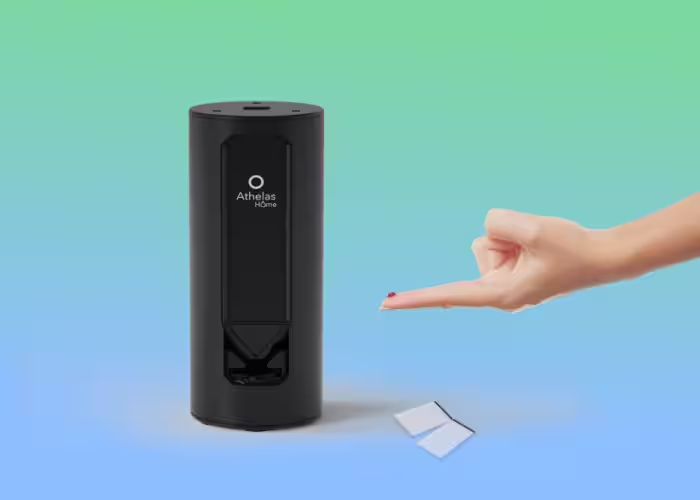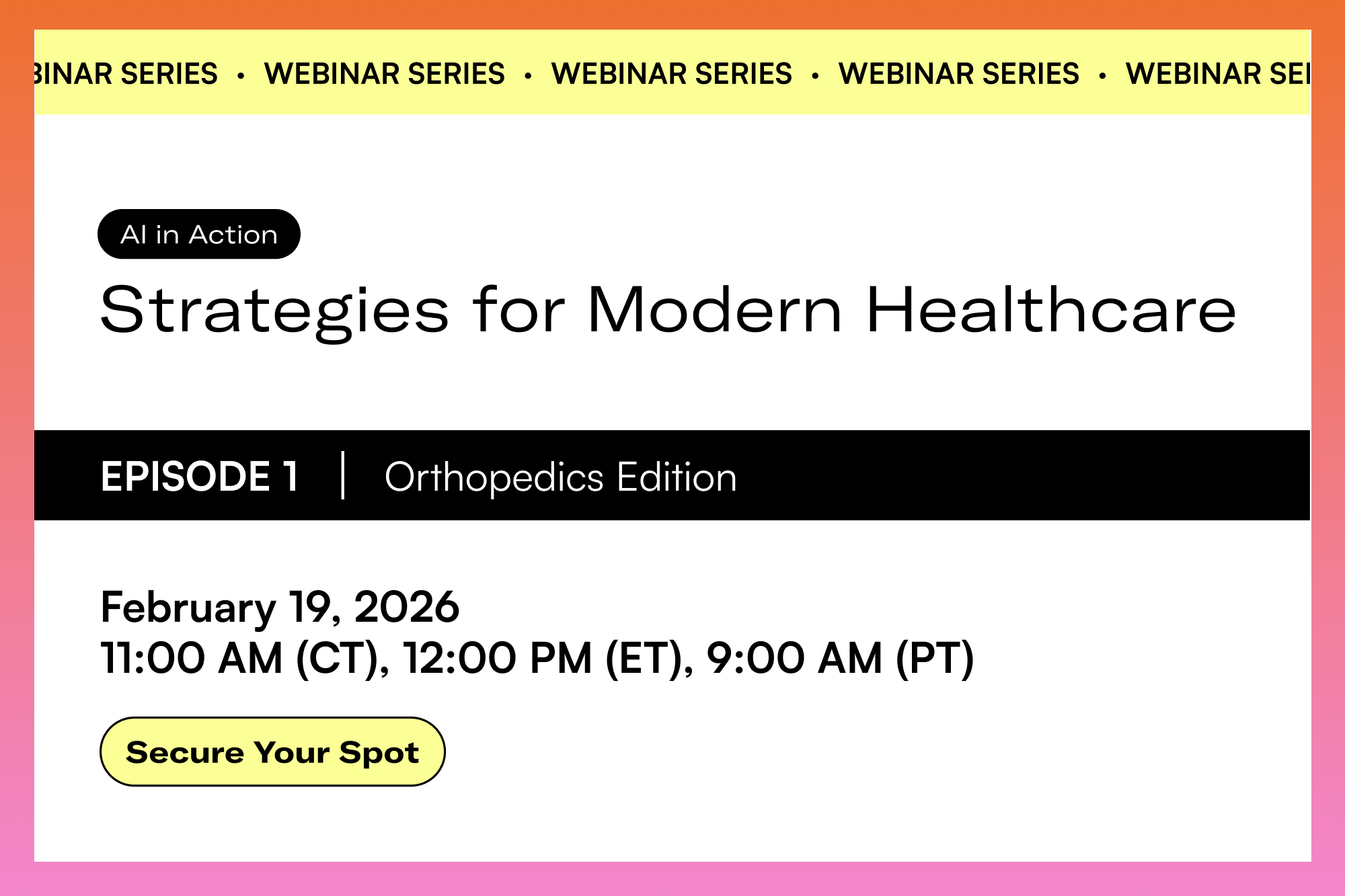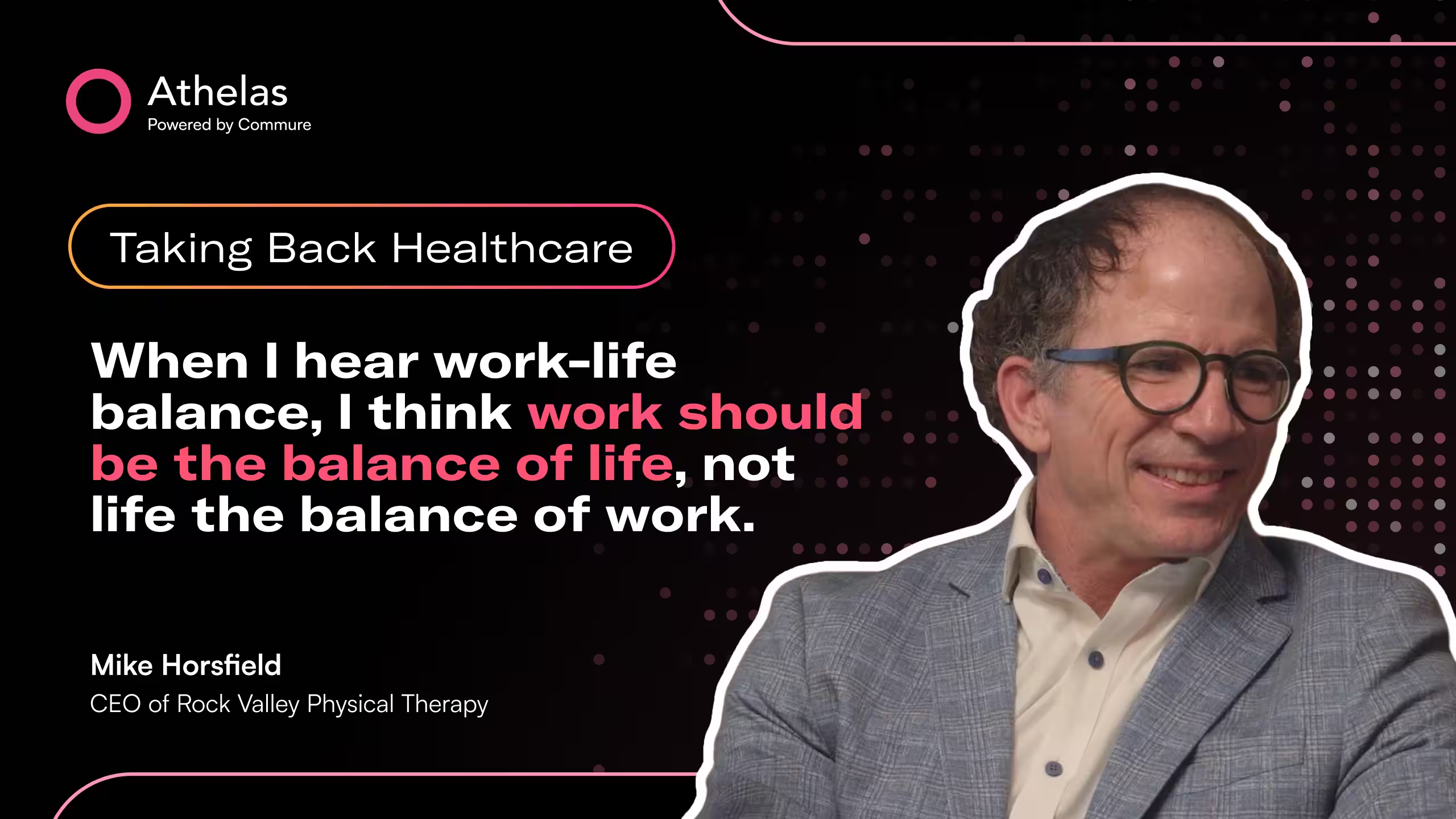Running a radiology practice means delivering fast, accurate imaging—only to have payments stalled by Aetna CO-197 denials. If you're seeing this code on claims for CTs, MRIs, or ultrasounds (like CPT 74177 or 70553), it’s a red flag for missing prior authorization or notification. These denials can drag out AR and frustrate your team, especially when patients need urgent scans. In this post, we’ll break down why CO-197 hits radiology codes, how to resolve it quickly, and ways to prevent it—perfect if you're searching “Aetna CO-197 denial radiology fix” or “resolve prior auth denials Aetna imaging.”
What Is CO-197 and Why Does It Hit Radiology Claims?
CO-197 is a contractual denial code meaning the service required precertification, prior authorization, or notification—but it wasn’t obtained or documented. Aetna uses this for high-cost or high-volume imaging to control utilization, even when clinically justified.
In radiology, common triggers include:
- No pre-auth for advanced imaging: CT abdomen/pelvis (74177), MRI brain (70553), or PET scans often need approval.
- Incorrect or missing auth number: Even if requested, failing to include it on the claim triggers denial.
- Emergency bypass not noted: Urgent scans may qualify for retro auth, but documentation must prove medical urgency.
- Plan-specific rules: Some Aetna plans require notification within 24–48 hours post-service.
Radiology groups report 20–30% of advanced imaging claims denied under CO-197 on first submission—costing thousands per case if not appealed.
Step-by-Step: How to Resolve an Aetna CO-197 Denial
Act fast—appeals are due within 180 days. Here’s your playbook:
- Review the EOB Confirm the denial reason and note the claim number, DOS, and appeal deadline.
- Gather Documentation
- Order with clinical justification (e.g., “persistent headache, rule out mass”)
- Proof of attempt to obtain auth (portal screenshots, fax confirmations)
- If retro: ER notes or physician statement of urgency
Submit the Appeal Use Aetna’s Provider Portal (preferred) or fax. Keep it clear:
"Appeal CO-197 denial, Claim #[XXXX]. CPT 74177 performed 10/15/25. Retro auth requested due to emergent presentation (attached ER note). Medical necessity per ACR guidelines.”
- Expect resolution in 30–60 days.
- Follow Up Track status online or call Aetna Provider Services (1-800-624-0756).
Strong appeals with clinical backup overturn 65–75% of CO-197 denials.
Preventing CO-197 Denials in Your Radiology Workflow
Prevention beats appeals every time:
- Automate Auth Checks: Integrate real-time eligibility + auth lookup into scheduling—flag 74177, 70553, etc., pre-visit.
- Use EHR Alerts: Set pop-ups for high-risk radiology codes requiring Aetna pre-auth.
- Train Schedulers: Confirm auth number and expiration before scan.
- Leverage ePA Tools: Submit electronic prior auths via CoverMyMeds or Aetna’s portal—faster approvals.
Practices using AI-driven RCM tools cut CO-197 denials below 5%.
Ready to Stop Aetna CO-197 Denials?
You shouldn’t fight for payment on imaging you’ve already delivered. With tight processes and smart automation, radiology practices can slash denials and speed up cash flow.
Athelas RCM flags Aetna auth risks in real time, auto-submits ePAs, and preps appeal packets—all without disrupting your workflow.
Book a 15-minute demo to see how we help radiology teams get paid faster.
How do you bill medicaid? Improve retention without hiring?
Get ahead of 2025 CMS changes?
Schedule a demo with Athelas today to find out.


.avif)


